News + Media
 |
In the NewsNovember 8, 2021Embarking upon a leadership journeyMISTIMIT NewsCurrent developments in the Middle East continue to challenge people in the region and open windows to make a sustainable impact. Challenges like water access, health care, IT, vocational training, and others can be addressed collaboratively with entrepreneurial and novel problem-solving capabilities. |
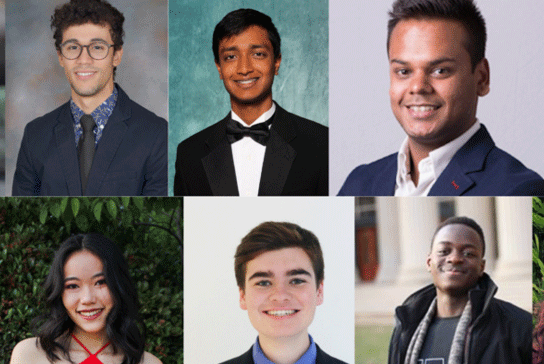 |
In the NewsNovember 4, 2021Networking on a global scaleMISTIMIT NewsMISTI Career Conversations virtual lunch series sees MIT students explore environmental, social, and governance initiatives in a global context across three key sectors. |
 |
News ReleaseNovember 3, 2021Evan Lieberman named faculty director of MISTI, MIT's hub for global experiencesCenter for International StudiesIn this new role, Evan Lieberman, Total Professor of Political Science and Contemporary Africa, will continue to steer and nurture MIT’s international research and teaching opportunities for current students and into the future. MIT's primary international program, MISTI is a pioneer in “applied international studies”—a distinctively MIT concept. MISTI helps MIT undergraduate and graduate students experience the world while advancing knowledge, tackling tough challenges, and preparing for lives of impact, service, and leadership in an interconnected global society. |
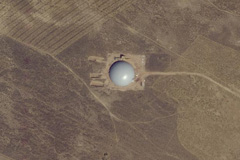 |
In the NewsNovember 2, 2021Satellite images appear to show China is making significant progress developing missile silos that could eventually launch nuclear weaponsKylie Atwood and Jennifer HanslerCNNQuoted:"China may fill these out eventually but in the interim, when they are not all filled out, would the US be able to distinguish with certainty which silos are filled and which aren't and would we have to commit to destroying all of these no matter what? If that is the case then the US has to commit maybe twice the number of warheads to all of the silos," said Vipin Narang, a professor of political science focusing on nuclear proliferation and strategy at MIT. "If you are the US this forces you to re-think nuclear planning," he said. |
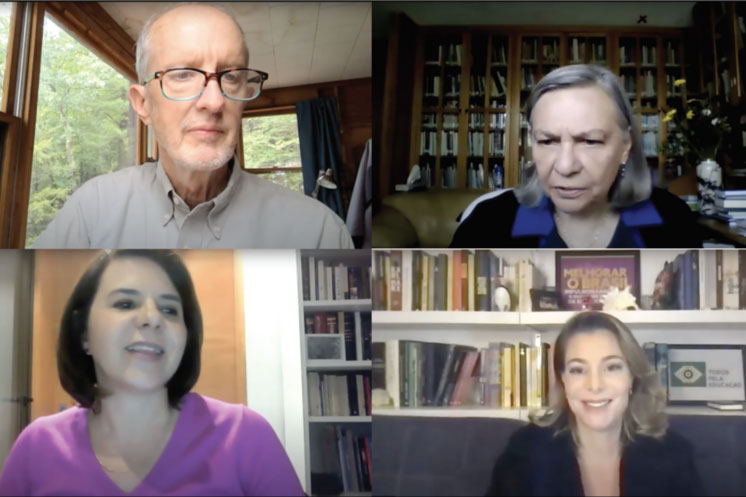 |
In the NewsOctober 29, 2021Education in Latin America after the pandemicBrigid McMahanMIT NewsIn early 2020, Covid-19 forced countries across Latin America to take measures to keep children, young people, and adults away from schools. Many countries have declared educational quarantines as part of efforts to stop the pandemic, but more than a year-and-a-half later, governments are already thinking, what is next?
|
 |
In the NewsOctober 28, 2021US general says China's hypersonic missile test is 'close' to a Sputnik momentWBUR Here and NowHere & Now security analyst and MIT Security Studies expert Jim Walsh joins host Scott Tong to discuss how the US views China's reported test of a hypersonic missile last summer. In an interview on Wednesday, Chairman of the Joint Chiefs of Staff Mark Milley called it a "very concerning" development. |
 |
In the NewsOctober 26, 2021Dragging your feet? Lack of sleep affects your walk, new study findsJennifer ChuMIT NewsGood sleep can be hard to come by. But a new study, funded in part by a grant from the MIT Brazil Program, finds that if you can make up for lost sleep, even for just a few weekend hours, the extra zzz’s could help reduce fatigue-induced clumsiness, at least in how you walk. |
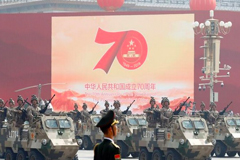 |
In the NewsOctober 25, 2021China amps ups military pressure, but victory is not assuredANIAsian News International (ANI)Quoted: Vipin Narang, the Frank Stanton Professor of Nuclear Security and Political Science at MIT, offered some thoughts: "At some point in the past several years, China woke up and decided it needed to compete with the US on nuclear weapons in ways it hadn't for decades previously. It is investing in a lot more survivability and a lot more penetrability." Narang offered this conclusion: "I doubt it is because China seeks to conduct a bolt-out-of-the-blue first strike against the US." He said that would amount to suicide because of the USA's fleet of nuclear-powered ballistic-missile submarines. "Instead I lean toward another hypothesis: China estimates that the risk of a conventional war with the US is higher now than ever, and it needs to stalemate the US at the nuclear level - escape US nuclear coercion - in order to open space for more aggressive conventional options." He added, "So the take-home risk with all these developments isn't the risk of nuclear war with China - though that obviously goes up - but the risk of a really nasty conventional war where China unloads its massive arsenal of conventional missiles in theater without fear of US nuclear escalation. This isn't a new logic. This is, in fact, exactly the stability-instability paradox. China is seeking to shore up its side of strategic stability in order to potentially open up greater offensive options at the conventional level, in a war it starts or one that comes to it." |
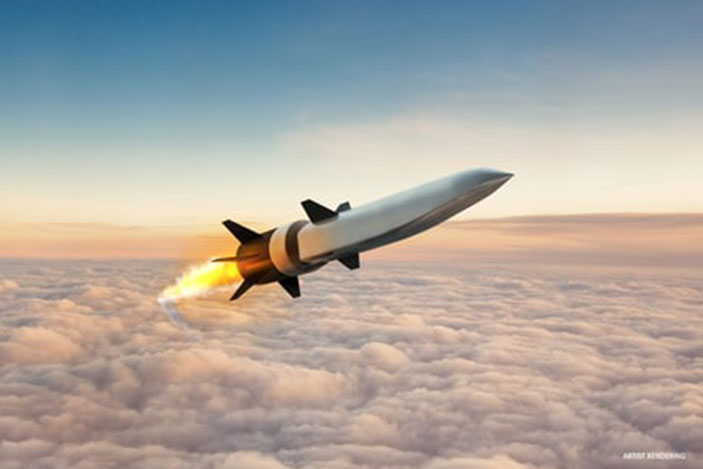 |
Analysis + OpinionOctober 24, 2021What is nuclear China up to?Kunal SinghHindustan TimesThe possibility of a US-China conflict is much higher now, or at least the leadership in Beijing thinks so. If there is a conventional conflict between the US and China, over, say, Taiwan, it can escalate to nuclear levels. |
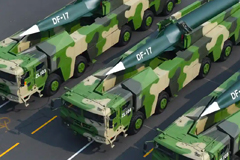 |
In the NewsOctober 22, 2021China’s hypersonic glider weapons test threatens to drive new arms raceJulian BorgerThe GuardianQuoted: “In the last couple years China woke up and realized the risk of a conventional war with the US was higher than it’s probably been since the 1950s or 60s, and the US had a massive nuclear advantage it can use to prevent China from conventionally escalating a conflict,” said Vipin Narang, a professor of political science and expert on proliferation at MIT. “China realised it needed to compete with the US in order to stalemate us at the strategic nuclear level, to have a capability that could give the US pause before the US used nuclear weapons first in a conventional conflict.”...“It empowers those who are looking for continuity and/or expansion of missile defence or nuclear forces,” Narang said. “It’s hard to make the argument, when Russia and China are expanding, that the US should roll anything back.” |



